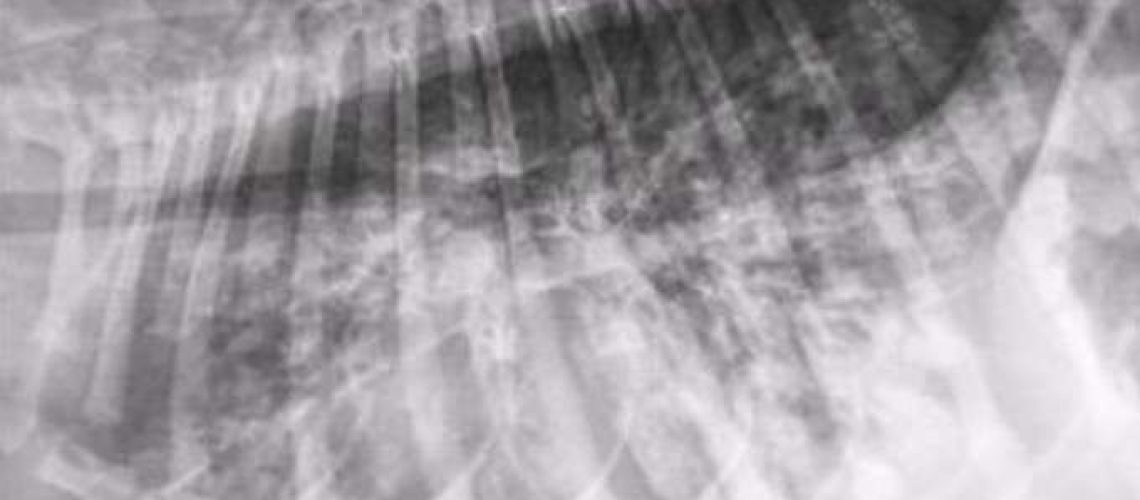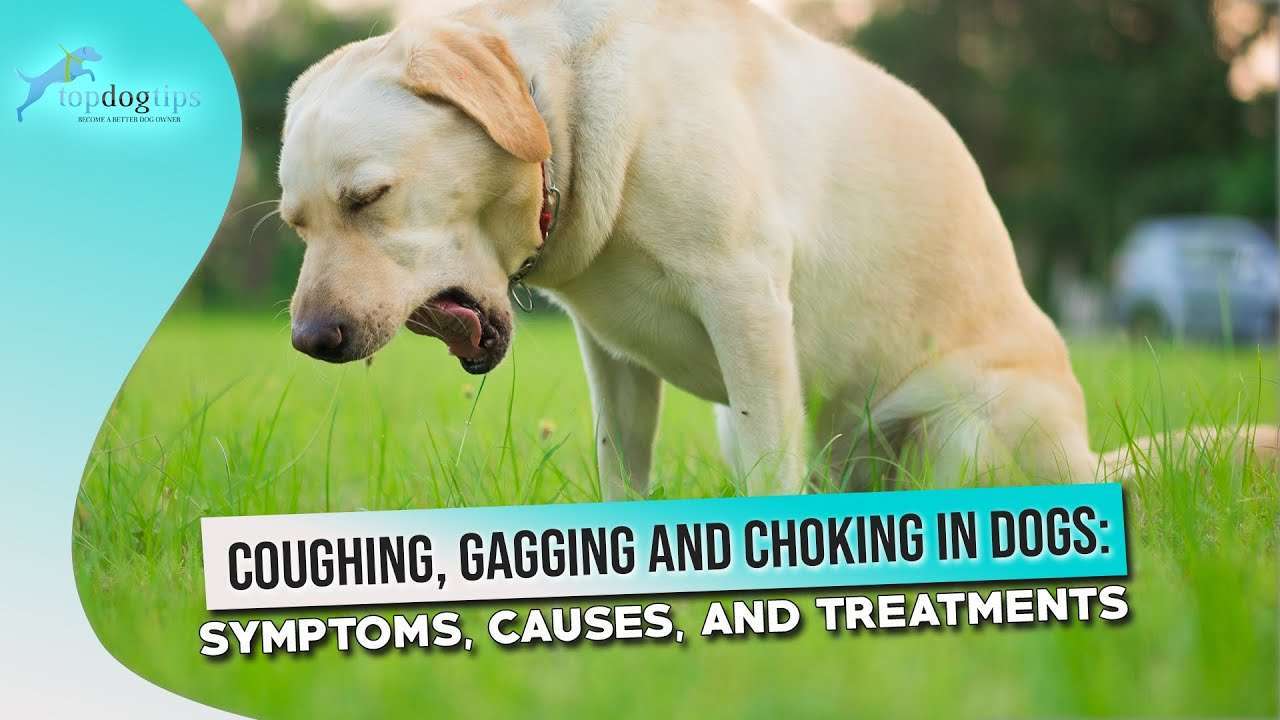Key Takeaways:
- Pneumonia in dogs is a serious respiratory infection that can be caused by various factors such as bacteria, viruses, or aspiration of foreign objects.
- Symptoms of pneumonia in dogs include coughing, difficulty breathing, fever, loss of appetite, and lethargy.
- Early diagnosis and treatment are crucial for successful recovery from pneumonia in dogs. A veterinary examination and diagnostic tests like X-rays and blood work are necessary for accurate diagnosis.
- Treatment for pneumonia in dogs typically involves antibiotics to target the specific infectious agent causing the infection. Supportive care such as oxygen therapy and fluid administration may also be required.
- Prevention measures such as proper vaccination, avoiding exposure to infected animals, and keeping your dog's environment clean can help reduce the risk of pneumonia in dogs.
Are you a dog lover? Well, if you are, then you know how important it is to keep your furry friend healthy and happy. But did you know that one of the most common respiratory diseases in dogs is pneumonia? Yes, just like humans, dogs can also suffer from this serious condition. Now, I know what you might be thinking - why should I bother learning about pneumonia in dogs? Well, let me tell you why understanding this topic is essential for any responsible dog owner. By delving into the world of pneumonia in dogs, you will not only gain valuable knowledge about the symptoms and treatment options for this disease but also learn how to prevent it in the first place. Imagine being able to recognize the early signs of pneumonia in your beloved pet and taking immediate action to ensure their well-being! It's a fact that early detection and treatment can significantly increase your dog's chances of recovery. So, whether you own a dog or simply care about their welfare, join me as we explore the world of pneumonia in dogs and discover how we can keep our four-legged friends safe and sound. Together, let's dive into this crucial topic and become informed advocates for our furry companions!
Understanding Pneumonia in Dogs: What You Need to Know
What is Pneumonia?
Pneumonia is a serious condition that can affect dogs, just like it can affect humans. It is an infection in the lungs that causes inflammation and makes it difficult for dogs to breathe properly. Dogs can develop pneumonia when bacteria, viruses, or fungi enter their respiratory system and multiply, leading to an infection. This can happen if a dog inhales contaminated air or if the infection spreads from another part of their body.
How Does Pneumonia Affect Dogs?
When a dog has pneumonia, their lungs become inflamed and filled with fluid or pus. This makes it harder for them to get enough oxygen into their bloodstream and remove carbon dioxide. As a result, dogs with pneumonia may experience symptoms such as coughing, difficulty breathing, fever, loss of appetite, fatigue, and nasal discharge. In severe cases, pneumonia can be life-threatening if not treated promptly.
How Dogs Get Pneumonia: Common Risk Factors to Watch Out For
Risk Factors for Canine Pneumonia
There are several factors that can increase a dog's risk of developing pneumonia. Some common risk factors include:
1. Weakened Immune System: Dogs with weakened immune systems due to underlying health conditions or medications are more susceptible to infections like pneumonia.
2. Age: Puppies and senior dogs have weaker immune systems compared to adult dogs, making them more vulnerable.
3. Environmental Exposure: Dogs exposed to environments with high levels of pollutants or infectious agents are at greater risk.
4. Aspiration: When dogs accidentally inhale foreign objects (like food or vomit) into their lungs while eating or vomiting, it can lead to aspiration pneumonia.
5. Respiratory Infections: Dogs with pre-existing respiratory infections, such as kennel cough or canine influenza, are more prone to developing pneumonia.
Recognizing the Symptoms of Pneumonia in Dogs: What to Look for
Common Symptoms of Canine Pneumonia
It is essential for dog owners to be able to recognize the symptoms of pneumonia in their pets. Some common signs to look out for include:
1. Coughing: Persistent coughing that may produce phlegm or blood.
2. Difficulty Breathing: Rapid or labored breathing, shortness of breath, or wheezing.
3. Fever: Elevated body temperature.
4. Loss of Appetite: Decreased interest in food and water.
5. Fatigue: Unusual lethargy or lack of energy.
6. Nasal Discharge: Thick mucus coming from the nose.
7. Bluish Tinge: A bluish discoloration of the gums or tongue due to lack of oxygen.
If you notice any combination of these symptoms in your dog, it is crucial to seek veterinary care promptly as early diagnosis and treatment can improve the chances of a full recovery.
Diagnosing Pneumonia in Dogs: Tests Veterinarians Use
Veterinary Diagnostic Tests for Canine Pneumonia
When a veterinarian suspects pneumonia in a dog, they will perform various diagnostic tests to confirm the diagnosis and determine the underlying cause. These tests may include:
1. Physical Examination: The vet will examine your dog's overall health and listen to their lungs using a stethoscope.
2. Chest X-rays: X-rays help visualize abnormalities in the lungs, such as inflammation or fluid buildup.
3. Blood Tests: Blood work can provide information about your dog's overall health and indicate if there is an infection present.
4. Tracheal Wash or Bronchoscopy: These procedures involve collecting samples from the airways to identify the specific bacteria, viruses, or fungi causing the pneumonia.
5. Culture and Sensitivity Testing: If a sample is collected, it can be sent to a laboratory for further analysis to determine the most effective treatment options.
By conducting these tests, veterinarians can accurately diagnose pneumonia in dogs and tailor an appropriate treatment plan.
Treating Pneumonia in Dogs: Available Options and Approaches
How Canine Pneumonia is Treated
The treatment of pneumonia in dogs typically involves a combination of medication, supportive care, and addressing any underlying causes. The specific approach may vary depending on the severity of the infection and the dog's overall health. Common treatment options include:
1. Antibiotics: If the pneumonia is caused by bacteria, antibiotics will be prescribed to fight off the infection.
2. Antifungal Medication: In cases where fungal infections are responsible for pneumonia, antifungal drugs may be necessary.
3. Supportive Care: This includes providing adequate rest, ensuring proper hydration, and using humidifiers to help ease breathing.
4. Oxygen Therapy: In severe cases where dogs struggle to breathe properly, supplemental oxygen may be administered at a veterinary clinic.
5. Treating Underlying Conditions: If an underlying condition contributed to the development of pneumonia (such as respiratory disease), it will also need to be addressed.
It is essential for dog owners to follow their veterinarian's instructions closely and complete the full course of prescribed medications for successful treatment.
Preventing Pneumonia in Dogs: Tips for Dog Owners
Preventive Measures Against Canine Pneumonia
While it may not always be possible to prevent pneumonia entirely, there are steps dog owners can take to reduce the risk. Here are some preventive measures to consider:
1. Vaccination: Ensure your dog is up-to-date on vaccinations, especially those targeting respiratory infections like kennel cough.
2. Avoid Exposure: Limit your dog's exposure to environments where infectious agents may be present, such as crowded dog parks or kennels.
3. Keep Your Dog Healthy: Maintain your dog's overall health through regular veterinary check-ups, a balanced diet, and exercise.
4. Prevent Aspiration: Be cautious while feeding your dog and prevent them from eating too quickly or consuming items that could be aspirated.
5. Good Hygiene Practices: Practice good hygiene by regularly cleaning your dog's living area and providing fresh water.
By taking these preventive measures, you can help protect your furry friend from the risks associated with pneumonia and other respiratory infections.
In conclusion, pneumonia is a serious respiratory infection that can affect dogs. It is important for dog owners to be aware of the symptoms and seek veterinary care promptly to ensure their pet's health and well-being.
Can a dog recover from pneumonia?
Although pneumonia in dogs can be a serious condition with noticeable symptoms, most dogs can fully recover if they receive prompt treatment. In this article, our Modesto veterinarians discuss the different types and symptoms of pneumonia in dogs, as well as the available treatment options.
How can you tell if your dog has pneumonia?
Dogs with bacterial pneumonia typically display symptoms such as a high fever, breathing difficulties, reduced ability to exercise, lethargy, and a cough. Additional signs may include a runny nose, noisy breathing, rapid breathing, weight loss, loss of appetite, and dehydration.
What are the 4 stages of pneumonia in dogs?
The different stages of pneumonia are congestion, red hepatization, gray hepatization, and resolution, in that order. This information was updated on January 1, 2022.
What is the survival rate for dogs with pneumonia?
The survival rate for dogs with pneumonia is generally high, ranging from around 77 to 94 percent. With prompt and intensive veterinary treatment, most dogs with bacterial pneumonia recover and are able to leave the hospital.
What do vets do for dogs with pneumonia?
The treatment for bacterial pneumonia usually involves the use of a powerful antibiotic to combat the infection. If your vet conducted a tracheal wash, they may choose to switch the antibiotics based on the specific bacteria identified in the test. On the other hand, fungal pneumonia necessitates the use of anti-fungal medication.
Do antibiotics help pneumonia in dogs?
Treating bacterial infections, including those in the lungs, often involves the crucial use of antibiotic therapy. This form of treatment is highly significant in combating bacterial infections.

















